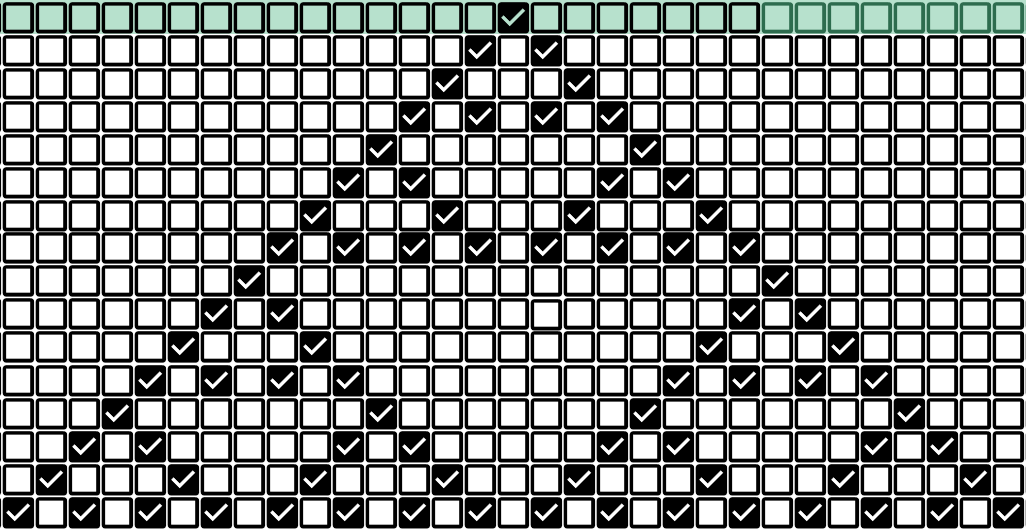Maths enrichment in the East Midlands
My EPSRC research fellowship generously allows me to spend part of my time on outreach activities. If you’d like me speak at your school or event, please get in touch.
I also deliver maths sessions for on-campus events such as Inspiring Minds: STEM. If you’re a teacher wanting to arrange a campus visit at Loughborough, please contact the School and College Liaison.
Some topics I enjoy doing sessions on are:
 The mathematics behind the rainbow. Oakham School published a lovely summary of this lecture after I delivered it there.
The mathematics behind the rainbow. Oakham School published a lovely summary of this lecture after I delivered it there.- Combinatorial game theory. This workshop involves playing and analysing a few 2-player games with simple rules, but interesting strategies.
 Measuring infinity and fractal dimensions. This workshop tries to tame the strange concept that is infinity. We’ll discuss questions such as: How do we measure infinite sets? What does it mean when we say an object is 2-dimensional, 3-dimensional, etc? Are there objects of non-integer dimension?
Measuring infinity and fractal dimensions. This workshop tries to tame the strange concept that is infinity. We’ll discuss questions such as: How do we measure infinite sets? What does it mean when we say an object is 2-dimensional, 3-dimensional, etc? Are there objects of non-integer dimension?
Videos
You can visit my YouTube channel or browse the pages below for some additional information alongside the videos:
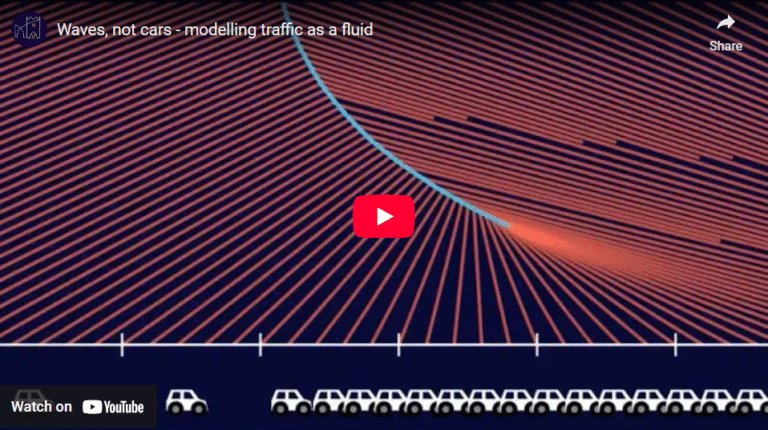
Waves, not cars – modelling traffic as a fluid
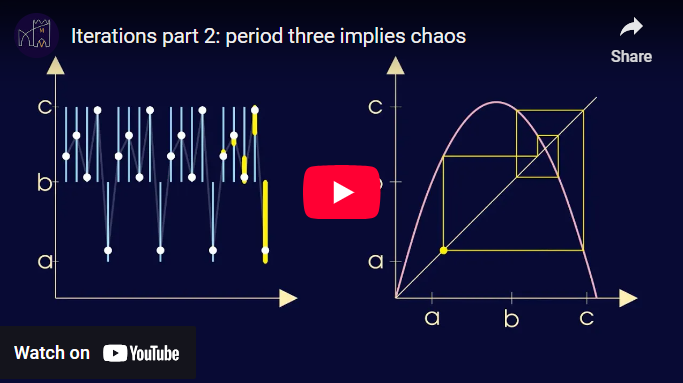
Iterations and chaos
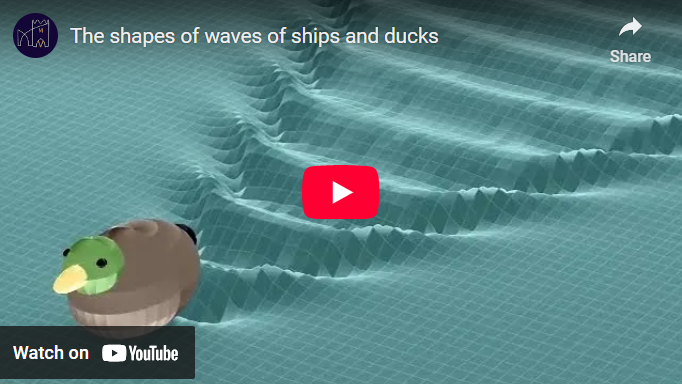
The shapes of waves of ships and ducks
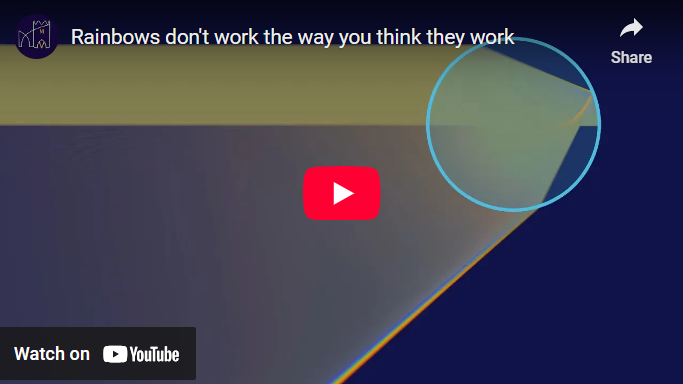
Rainbows don’t work the way you think they work
Blog posts
If you want to get an idea about my research area, have a look at blog posts below. There is a lot of maths between what is taught in school and the highly specialised topics of today’s research. In fact, these intermediate levels contain some exciting insights that aren’t too difficult to explain:
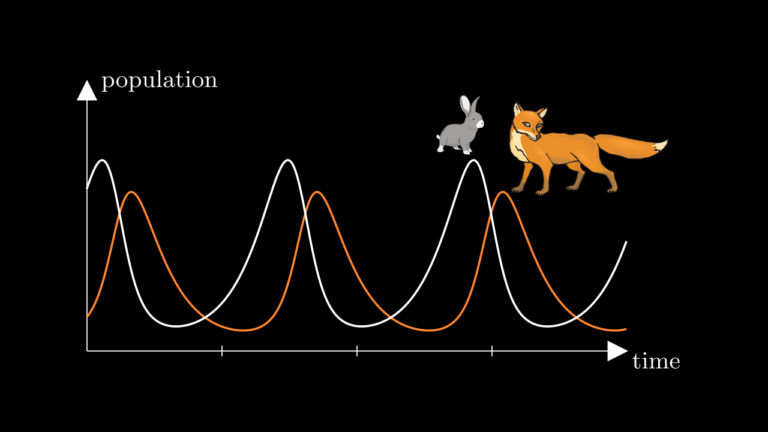
Waves of predators
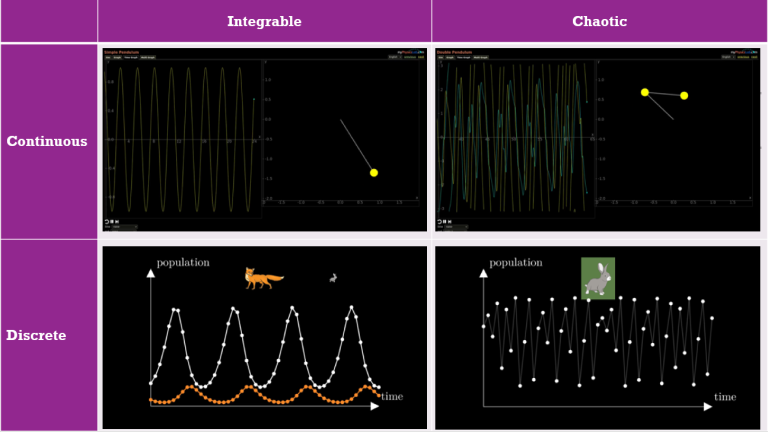
Four different dynamical systems

What is… a variational principle?

What is… an integrable system?
In print
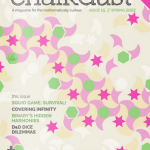 Chalkdust is a “magazine for the mathematically curious”.
Chalkdust is a “magazine for the mathematically curious”.
I wrote an article on Hamiltonian mechanics and Noether’s theorem for issue 15.
Online events
In October 2022 I appeared in a 24-hour maths game show, with a 30 minute segment on a 1-dimensional version of Conway’s Game of Life. You can still watch the recording and play with copy of the google spreadsheet.
In May 2025 I contributed a segment the 5th Clopen Mic Night, asking the slightly absurd question “what if everything in the universe suddenly started shrinking?”

